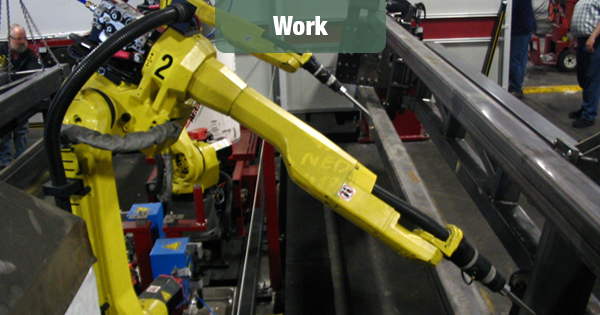Forty-nine Percent of Works Unconcerned by AI and Automation's Impact on Their Jobs | St. Mary's Credit Union
06/11/2019
By: St. Mary's CU

Are workers worried they'll be displaced by robots in the future? Not for the most part, new research from global staffing firm Robert Half shows.
Only 12% of workers are concerned that artificial intelligence (AI) and automation will have a negative impact on their job. About four in 10 (39%) believe new technologies will have a positive effect, and 49% foresee no change at all.
But futurists and staffing experts interviewed for Robert Half's new report, Jobs and AI Anxiety, believe emerging technologies are profoundly shifting the workplace.
According to more than 1,200 business leaders surveyed for the research, one of the top ways technological advancements will affect jobs is that they will require new skills from employees.
"There's no question new technology will continue to transform jobs in all fields, from finance and accounting to legal and marketing — and professionals need to embrace and stay ahead of changes," said Paul McDonald, senior executive director for Robert Half. "Employees who are committed to learning about and preparing for advancements in the workplace will be best positioned for success."
Upskilling for the Future
Business leaders surveyed for the Jobs and AI Anxiety report expect to upgrade the technological skills of their workforce by training current staff (64%), hiring new staff (47%), working with external service providers (47%) and bringing in consultants who are subject matter experts (45%).
But 82% of managers think it will be challenging to get their staff up to speed on new technologies, and 80% anticipate it will be difficult to find professionals with the requisite expertise.
McDonald noted, "Technology disruptions create a level playing field for professionals and businesses, which can be exciting but also a little overwhelming. Employees can help future-proof their careers by learning new skills to make them more valuable. And employers can prepare for the future by identifying knowledge gaps and upskilling their workers or determining a staffing strategy to address their needs."

